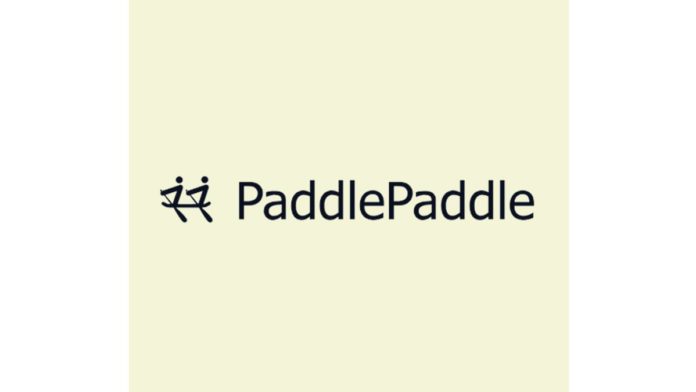PaddlePaddle, a deep learning platform created by the Chinese AI juggernaut Baidu, recently received new updates to expand its AI to industrial applications. These updates are in addition to the 10 large deep learning models catering to biology, natural language processing, and vision.
PaddlePaddle is the most widely utilized Chinese framework for deep learning. It has a developer base of more than 4.77M developers and 1,80,000+ enterprises that use its services. It has received some significant improvements from the parent company. These improvements include ERNIE 3.0 Zeus, ERNIE-GeoL, and HELIX GEM.
ERNIE 3.0 Zeus is an NLP model with 100 billion parameters, ERNIE-GeoL is a geography and language pre-trained model, and HELIX GEM is a compound representation learning model. PaddlePaddle has created three new industry-centric models by tuning ERNIE 3.0 Titan and making it beneficial for use cases like banking, aerospace, and electric power.
Read More: AI startup that improves public speaking by analyzing speech raises $6M
Deep learning frameworks incorporate everything needed to create, train, and evaluate deep neural networks via a high-level interface. Without these tools, deep learning algorithms would be challenging to create
Baidu started working on such tools about a decade ago, creating PaddlePaddle based on a framework called Caffe, developed by a UCLA student. PaddlePaddle supports convolutional and recurrent neural networks, giving it an edge over competitors in the NLP space.


